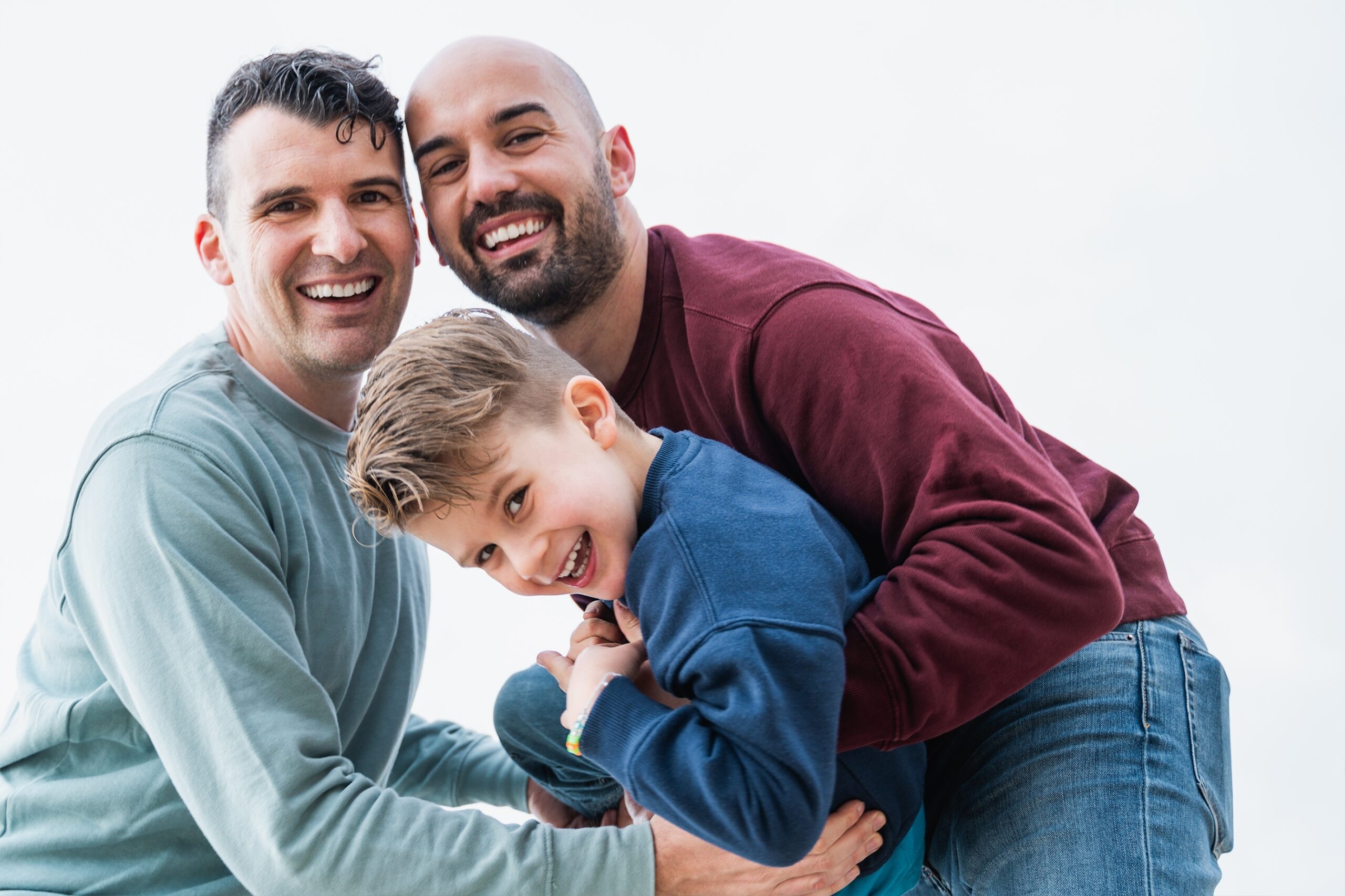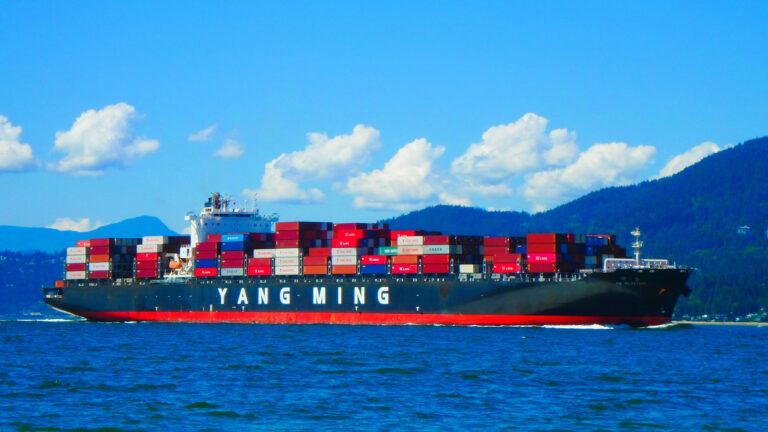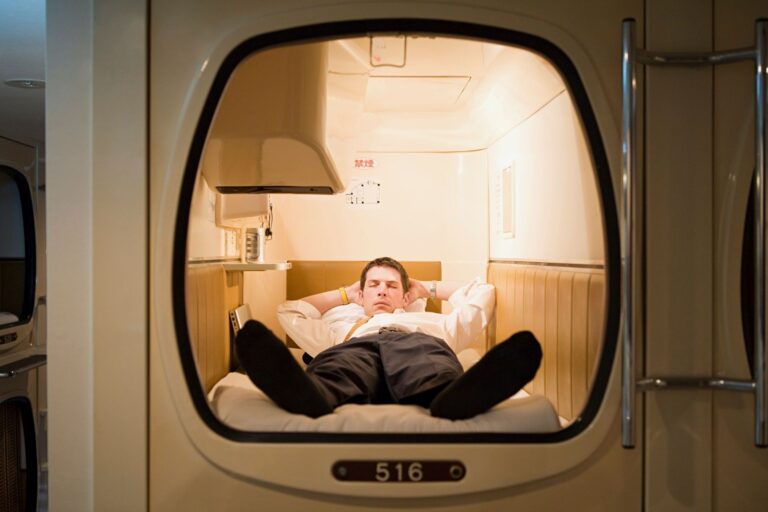Gay dads have an image problem
Erez Aloni, associate professor in the Peter A. Allard School of Law, analyzed data about gay fathers in the U.S. and found there may be a systemic disparity in wealth accumulation among this group, a situation he says likely exists for Canadian fathers as well.

From Neil Patrick Harris on our screens to U.S. transportation secretary Pete Buttigieg on the global stage, the emerging image of gay dads in North America is of white, affluent men. But this image isn’t accurate and has real-world implications for gay dads and their families, says one UBC expert.
Erez Aloni, associate professor in the Peter A. Allard School of Law, analyzed data about gay fathers in the U.S. and found there may be a systemic disparity in wealth accumulation among this group, a situation he says likely exists for Canadian fathers as well. Aloni discusses why this might exist and how solutions could help other populations grappling with wealth inequality.
Why is the image of rich, white, gay dads misleading?
While studies suggest that male same-sex couples may earn more income than other groups, income does not necessarily translate to wealth, which is the sum of all of our assets, minus our liabilities, and provides a more accurate way to measure financial status. When you look at the data through that lens, you see that there is likely a systematic problem with a wealth gap among gay fathers; that is, it may cost more to be a gay dad than to be a heterosexual dad, or even a gay mom.
Yet gay dads have this image of affluence in pop culture that we don’t necessarily see with gay moms. And it’s likely inaccurate.
Statistics show that far from all being white, many gay dads in the U.S. are actually people of ethnic and racial minorities. We unfortunately don’t have this data for Canada.
What causes the wealth gap among gay dads?
There are many factors that could disadvantage families led by gay men. One is that forming a family is very expensive. Surrogacy costs between USD$150,000 and $200,000. Adoption through a private agency in the U.S. can cost up to USD $45,000. In Canada, the cost of surrogacy may be slightly lower, and private adoption can cost around CAD$30,000, depending on various factors.
Where some insurance companies cover in vitro fertilization (IVF), they only cover medical infertility and not social infertility, or the inability to have children due to social circumstances, such as being in a same-sex couple. Likewise, Ontario, which funds one cycle of IVF, excludes male same-sex couples. Furthermore, the CRA does not consider expenses incurred for a surrogate as eligible for the medical expense tax credit. As a result, people end up using their savings, borrowing money, or doing GoFundMe, to cover the costs of forming a family. And, parental leave in Canada and the U.S. is not equally distributed between mothers and fathers.
Additionally, the biggest transfer of wealth carries through from parents, but some same-sex people are disowned by their families or estranged from them.
Gay parents face barriers including discrimination in the lending, mortgage, and housing markets, exacerbated for gay parents from ethnic or racial minority backgrounds as they are disproportionately affected by the consistent racial wealth gap resulting from years of discrimination.
How can we change this?
We need more research. While there are indicators that suggest that gay dads are being left behind, there is a lack of confirmatory data, possibly because the population is tiny: In Canada, they make up just 0.07 per cent of Canadian families.
Parental leave policies should be gender-neutral and inclusive of all parents. Encouraging fathers to take leave is crucial, and when more gay men take on caregiving roles, they can help reduce a persistent type of inequality: the idea that women should always be the main caregivers.
We could also expand IVF coverage to social infertility.
And, policies that support gay parents would help all marginalized groups as well as challenge entrenched gender stereotypes.
As a gay dad, I’ve experienced things like going to sign my daughter up to daycare and the form requiring the name of the mother and the father, or people saying my daughter needs her mommy when she’s crying in public. So I think it is important for people to recognize the existence of gay dads and understand that their lives are more complex than the commonly perceived image.
Interview language(s): English, Hebrew



